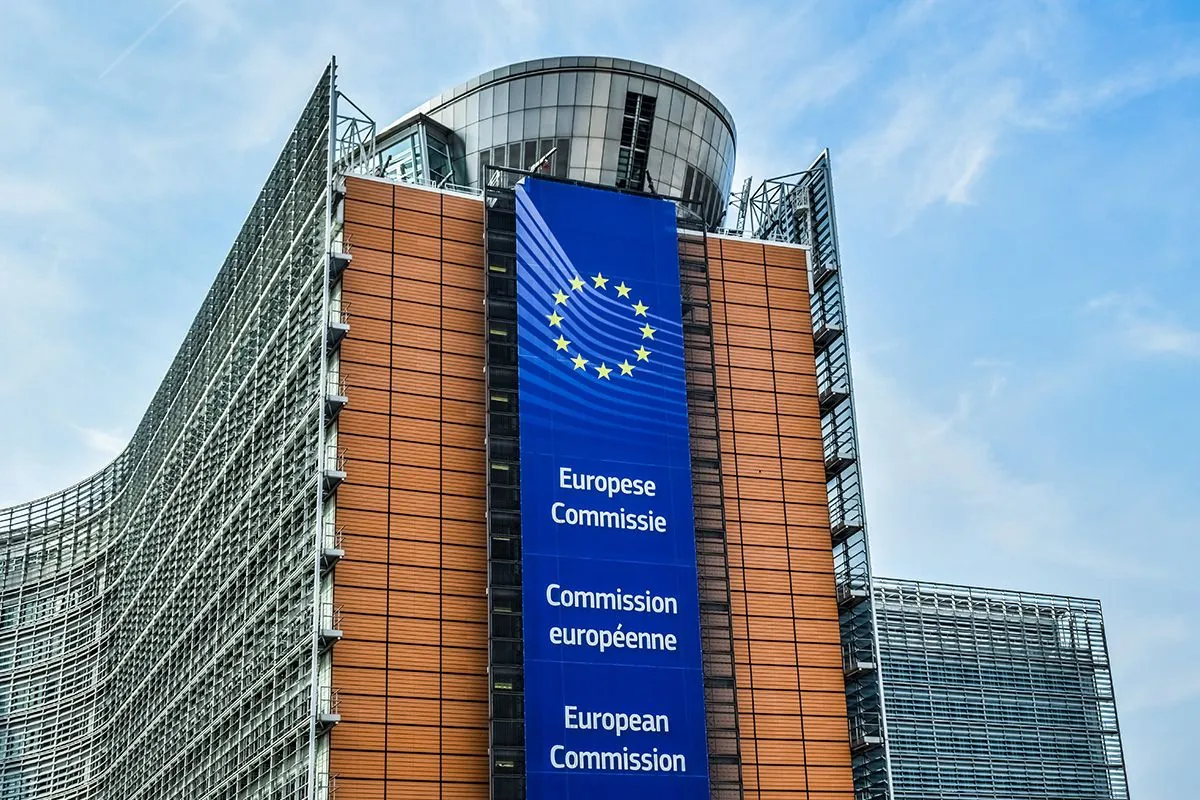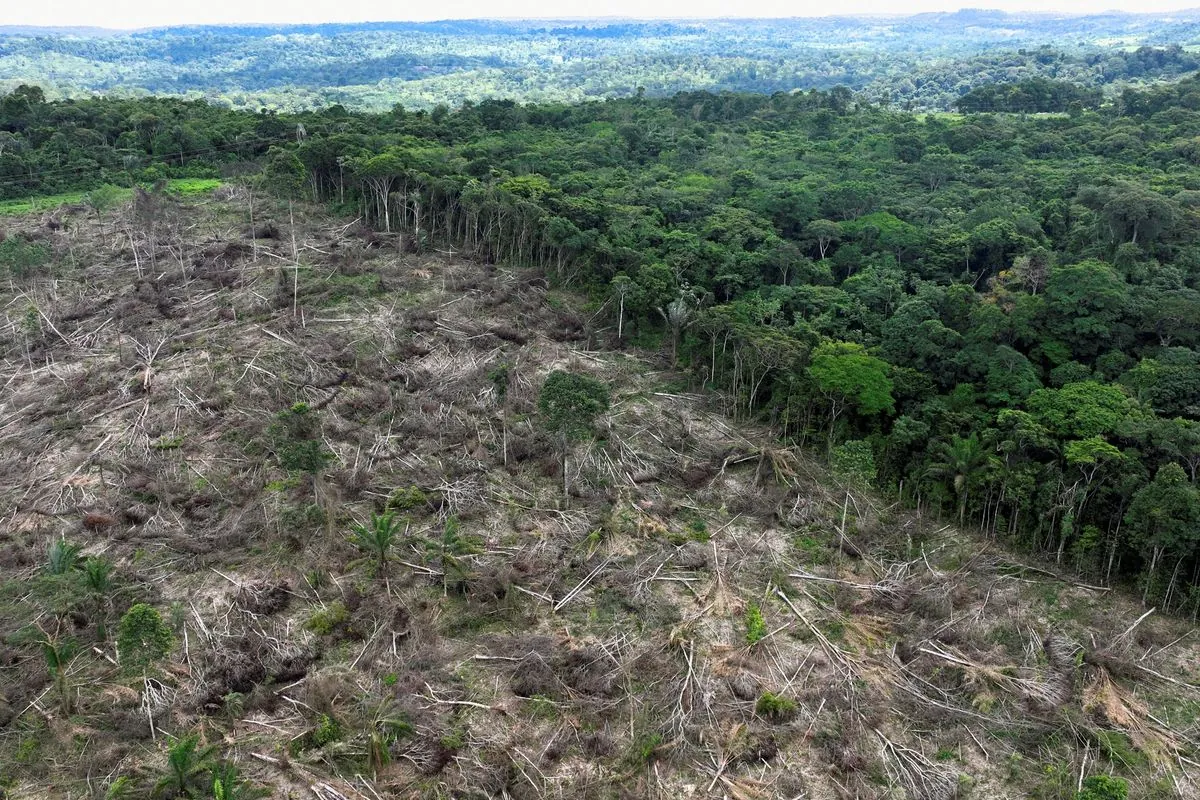EU Proposes One-Year Delay for Controversial Deforestation Rules
The European Union offers to postpone new deforestation regulations amid global concerns. The delay aims to address preparedness issues and provide clarity on implementation.

The European Commission has proposed a one-year delay in implementing new regulations aimed at combating deforestation, responding to concerns from various global partners and EU member states. This decision comes amidst a complex backdrop of environmental urgency and economic considerations.
The proposed regulations, which would prohibit the sale of products derived from deforested areas, have sparked debate due to their wide-ranging impact on global trade. The rules would affect numerous commodities, including cocoa, coffee, soy, cattle, palm oil, rubber, and wood products. This broad scope reflects the significant role these industries play in global deforestation, with cattle ranching being the largest driver of forest loss in Amazon countries and palm oil production accounting for 8% of worldwide deforestation between 1990 and 2008.
Under the new timeline, large companies would need to comply by December 30, 2025, while micro and small enterprises would have until June 30, 2026. This extension aims to address concerns about preparedness and potential economic disruptions.

The EU's initiative comes at a critical time for global forests. The Amazon rainforest has lost approximately 17% of its cover in the past five decades, while Indonesia has seen over 40% of its forests disappear in just three decades. These stark figures underscore the urgency of action, as deforestation contributes to about 15% of all greenhouse gas emissions, making it the second-largest source after fossil fuels.
Critics of the regulation, including officials from Brazil, Indonesia, and the Ivory Coast, argue that it could act as a trade barrier and negatively impact small farmers. The Ivory Coast, for instance, has already lost about 80% of its forests since 1960, partly due to cocoa production, highlighting the complex relationship between economic development and environmental protection.
Supporters of the measure, however, emphasize its potential global impact. The EU, as the world's second-largest importer of tropical deforestation and associated emissions, has significant leverage to effect change. The new regulation is expected to reduce carbon emissions by 31.9 million metric tons annually, a substantial contribution to climate change mitigation efforts.
To address concerns and facilitate implementation, the Commission has issued additional guidance for companies and national authorities. This move aims to clarify the rules and ensure more uniform enforcement across the EU.
The proposed delay and additional guidance reflect the EU's attempt to balance environmental urgency with economic realities. As the global community grapples with the challenges of sustainable development, the outcome of this regulation could set a precedent for future environmental policies worldwide.
The Commission has encouraged EU member countries and the European Parliament to endorse the delay by the end of 2024, setting the stage for further discussions on this critical issue. As the debate continues, the global community watches closely, recognizing that the fate of the world's forests hangs in the balance.


































